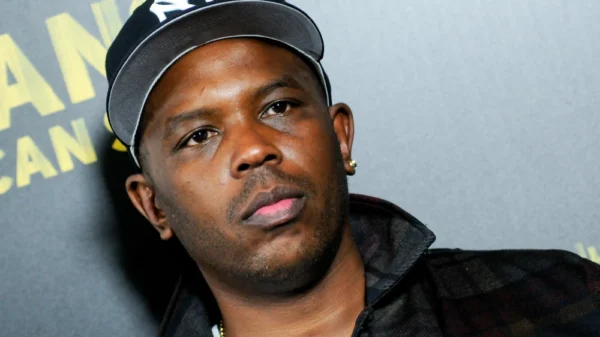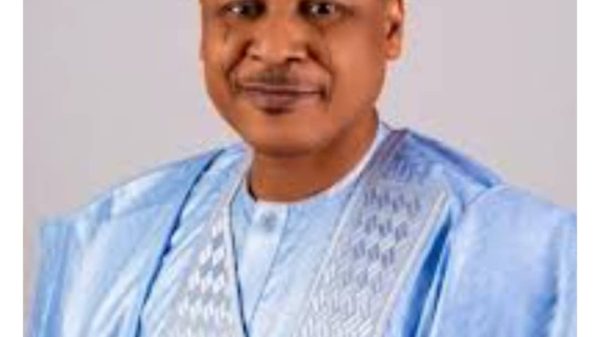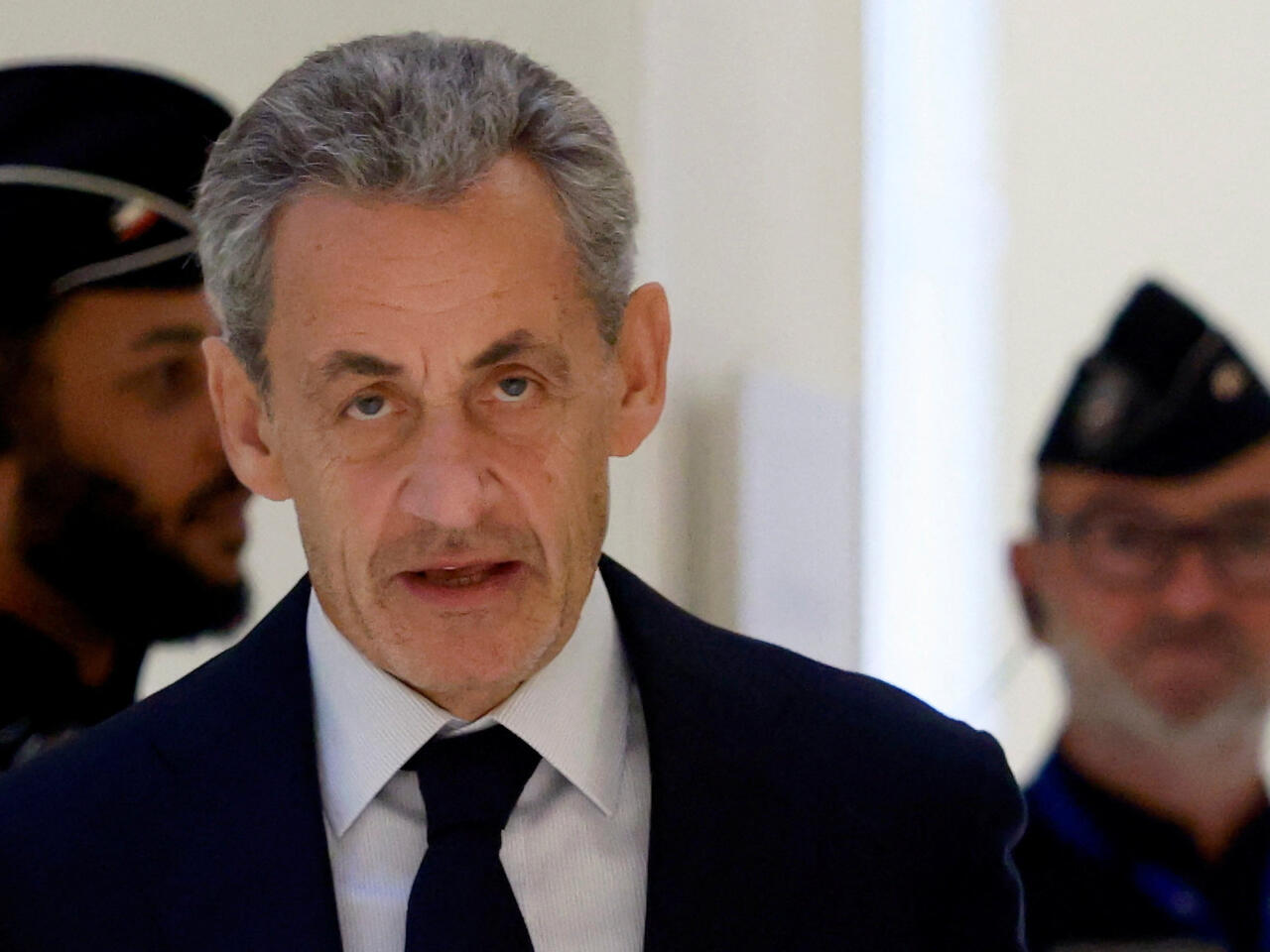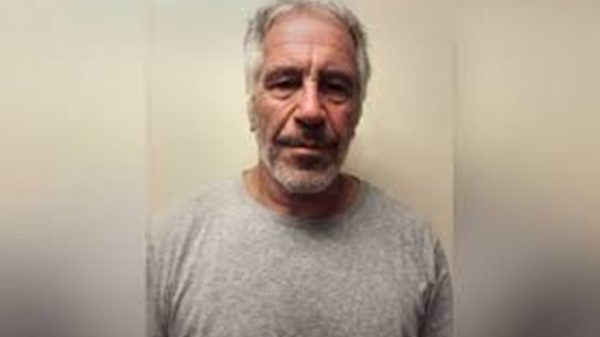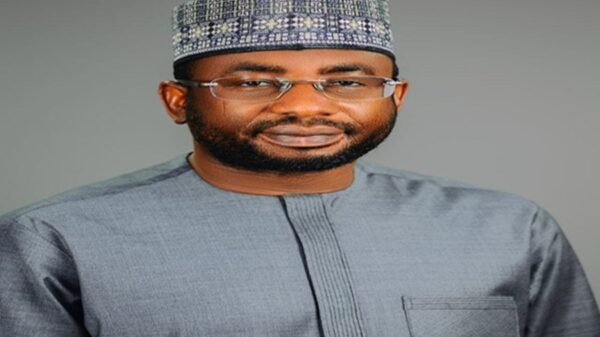Former French President Nicolas Sarkozy has been released from La Santé prison in Paris, three weeks into a five-year sentence for criminal conspiracy linked to his 2007 presidential campaign.
His release, granted by a Paris court on Sunday, comes with strict judicial supervision, including a ban on leaving France and restrictions on contact with justice ministry employees and witnesses in the ongoing case.
Sarkozy’s car was seen departing the prison just before 15:00 local time (14:00 GMT), less than 90 minutes after the court’s decision. He was later spotted arriving at his residence in western Paris.
The 70-year-old former leader had been convicted on October 21 for conspiring to fund his campaign with money from the late Libyan dictator Muammar Gaddafi. His legal team immediately filed for early release, citing health and procedural concerns.
Christophe Ingrain, one of Sarkozy’s lawyers, described the release as “a step forward,” confirming preparations are underway for an appeal trial scheduled for March.
Public prosecutor Damien Brunet supported the release request but recommended that Sarkozy be barred from contacting other witnesses in the so-called “Libyan dossier.”
During his incarceration, Sarkozy was held in solitary confinement in the prison’s isolation wing. His cell included basic amenities such as a toilet, shower, desk, small electric hob, and a television for which he paid €14 monthly.
He also had access to a small fridge, family visits, and limited communication with the outside world. He was allowed one hour of daily exercise alone in a segregated courtyard.
Speaking to the court via video link, Sarkozy described his time in prison as “gruelling” and “a nightmare,” while expressing gratitude to prison staff for their “exceptional humanity.”
He reiterated his innocence, stating he had never entertained the “mad idea” of soliciting funds from Gaddafi and would “never admit to something I haven’t done.”
The release has sparked controversy, particularly over a visit by Justice Minister Gérald Darmanin during Sarkozy’s confinement. Thirty French lawyers have filed a complaint against Darmanin, citing a conflict of interest due to his personal ties with the former president.
Sarkozy’s wife, singer and model Carla Bruni-Sarkozy, and two of his sons were present in court to support him. His imprisonment marked the first time a French ex-president had been jailed since Philippe Pétain, the World War Two collaborationist leader, was convicted of treason in 1945.
Ravenewsonline reports that Sarkozy’s legal battles continue to cast a shadow over France’s political landscape, as the appeal process and broader implications of the Libyan funding case unfold.
![]()











